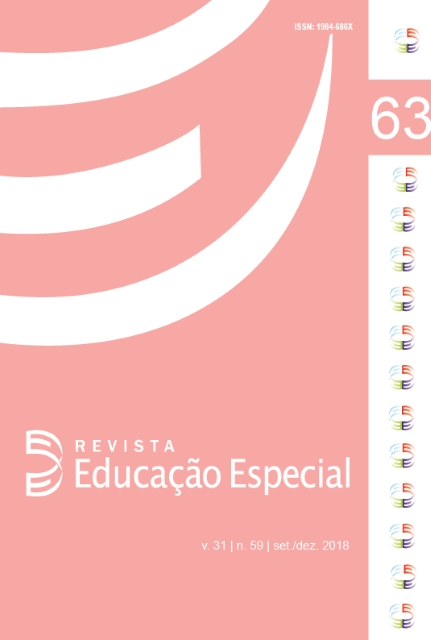The ambivalence of the External Evaluation of Schools effects in the school practices
DOI:
https://doi.org/10.5902/1984686X33483Keywords:
External evaluation of schools, Accountability, Responsibility, Effects.Abstract
This article aims to describe the External Evaluation of Schools in Portugal through a brief framework of this system based on the guidelines of the European educational policies, in a logic of reciprocity between the national and transnational level, with the purpose of reflecting around the questions: Does the External Evaluation of Schools promote educational quality? What effects does the External Evaluation of Schools have on teaching practices? If, on the one hand, there are some studies that highlight the fact that the External Evaluation of Schools promotes a transformative and formative approach to the school practices through more or less direct consequences, on the other, there are studies that clarify that these effects reflected with shallow depth in the pedagogical reality. It is in this ambiguous context that is intended to deepen the reflection around the External Evaluation of Schools and their effects on school practices, namely, in the curricular and pedagogical dimensions, drawing on the conclusions of several national and international studies to increase the discussion.
Downloads
Downloads
Published
How to Cite
Issue
Section
License
Declaration of originality
We declare that all articles present in the journal Revista Educação Especial (UFSM) are originals and were not submitted for publishing on any other publication, as a whole or a fraction. We also declare that, after being published by Revista Educação Especial (UFSM), a paper will not be submitted to another journal within two years. After this time, our journal transfers the publishing rights to the authors, with a permit granted by the Editorial Council.
We also acknowledge that the originals’ submission to Revista Educação Especial (UFSM) implies on a transference of copyright for physical and digital publishing to the journal. In case of noncompliance, the violator will receive sanctions and penalties predicted by the Brazilian Copyright Protection Law (n. 9610, dated 19/02/98).







